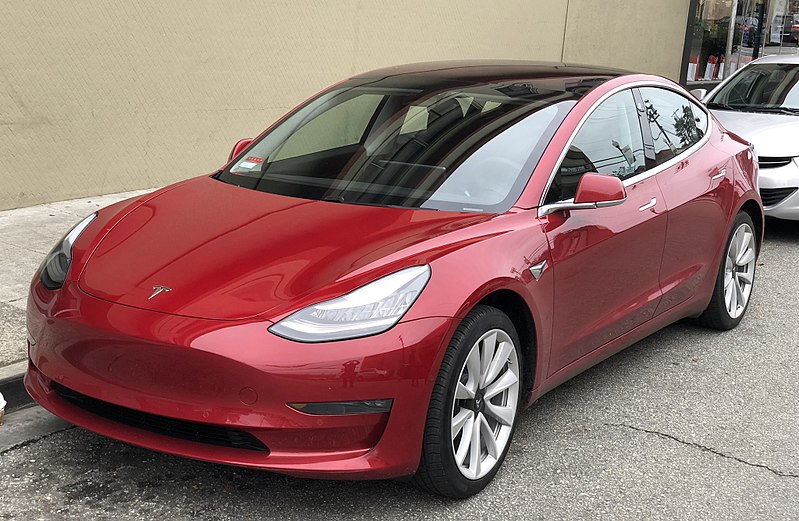Electric vehicles could slice fuel’s consumption up to 20% in two decades, new report says

Electric cars are poised to reduce U.S. gasoline demand by 5% over the next two decades—and could cut it by as much as 20%—according to a new report being released Monday by energy consulting firm Wood Mackenzie.
The U.S., which currently uses more than nine million barrels of gasoline a day, could see that demand drop by as much as two million barrels a day if electric cars gain more than 35% market share by 2035, according to the report.
That aggressive case assumes Tesla Motors Inc. and other auto makers begin to deliver lower-cost electric vehicles that can travel longer distances in relatively short order, said the report’s author, Prajit Ghosh. A more likely scenario is a 5% drop in U.S. gasoline demand as electric cars build to more than 10% of the U.S. vehicle fleet by 2035, he said.
Even the low end of the forecast by Wood Mackenzie, which provides in-depth analysis for a wide range of clients including large oil companies, utilities and banks, is a more bullish outlook for electric-car adoption than many oil-and-gas companies have espoused.
Spencer Dale, the chief economist of energy company BP PLC, said last week in Houston that while he expects electric cars to start gaining traction, the internal-combustion engine still has significant advantages over electric alternatives and widespread adoption won’t happen in the next two decades.
“It will still take some time,” Mr. Dale said. “Electric vehicles will happen. It is a sort of when, not if, story.”
Read more: Wall Street Journal
